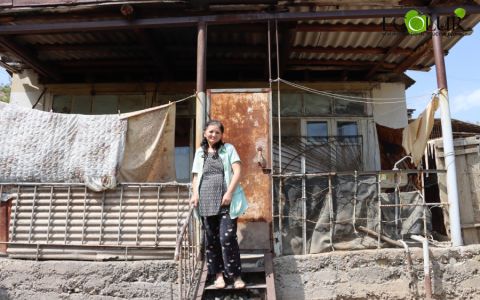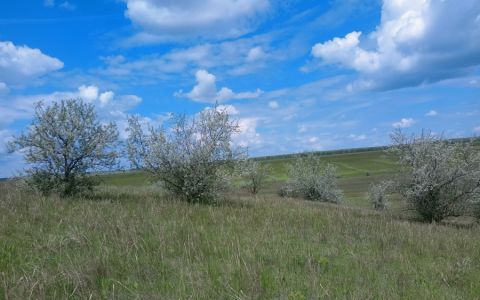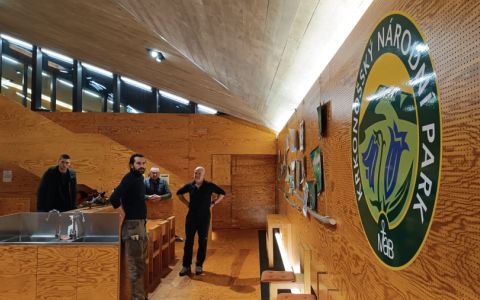A series of educational webinars organized by NGO Ecohome, which started on April 17, 2020, continued on June 11. The latest webinar was dedicated to the Covid-19 pandemic and the public air monitoring system available in Belarus. The webinar participants got informed with the results of studies proving the correlation between air pollution and death rates from Covid-19, as well as information on an air monitoring system that provides reliable data on environmental pollution and helps to solve this problem.
The AirMQ system was created in cooperation with environmental activists from Belarusian cities, local environmental organization Ecohome and the Czech NGO Arnika within the project “Clean Air. Solutions for Belarus ”, presented at the beginning of the webinar by AirMQ project manager Yulia Lisitsa. Environmental expert Irina Sukhy then introduced the participants to the main areas of Ecohome's activities.
The first speaker was Mikhail Doroshevich, a researcher and independent expert in the field of Internet technology development, a representative of Minsk Smart City. Mikhail shared the latest research into the impact of the covid-19 pandemic on the environment. He presented an interesting prediction that the number of people who would be willing to exercise their rights to a clean environment would increase after the pandemic. He also spoke about the links between the pandemic and environmental pollution and presented an infographic with WHO data that demonstrated the correlation between mortality from covid-19 and air pollution.
The expert also drew attention to Belarus's goals of sustainable development, one of which is to reduce the negative impact of pollution on the cities, and presented WHO recommendations for remedying the pollution in industrial centres. He then presented Belarusian statistics on air pollution monitoring, urban pollution, exceedances of pollution indicators and its causes. The speaker cited the international monitoring practice (Sensor Community) as an example and said that it is necessary to start monitoring air quality as often and thoroughly as we monitor the weather forecast.
In the second part of the webinar, the creator of the AirMQ system, Ivan Betsun, spoke about the problems that the project had to overcome at the beginning, the challenges that the team encountered and the obstacles overcome. He described in detail the history of the origin of sensors and introduced the listeners to their components and equipment, which have already been tested in Belarus. In the future, the AirMQ system will be expanded to include noise pollution monitoring, but the main goal of the project remains - uniform coverage by a public system of monitoring stations that measure solid particles in the air. Ivan Betsun identified the absence of official data, the inaccuracy of pollution indicators and the ability of the AirMQ system to detect short-term air pollution as the main reasons for the AirMQ project.
At the end of the webinar, Ivan answered the questions of the participants and invited those who are ready to join the monitoring system within the project to cooperate.







